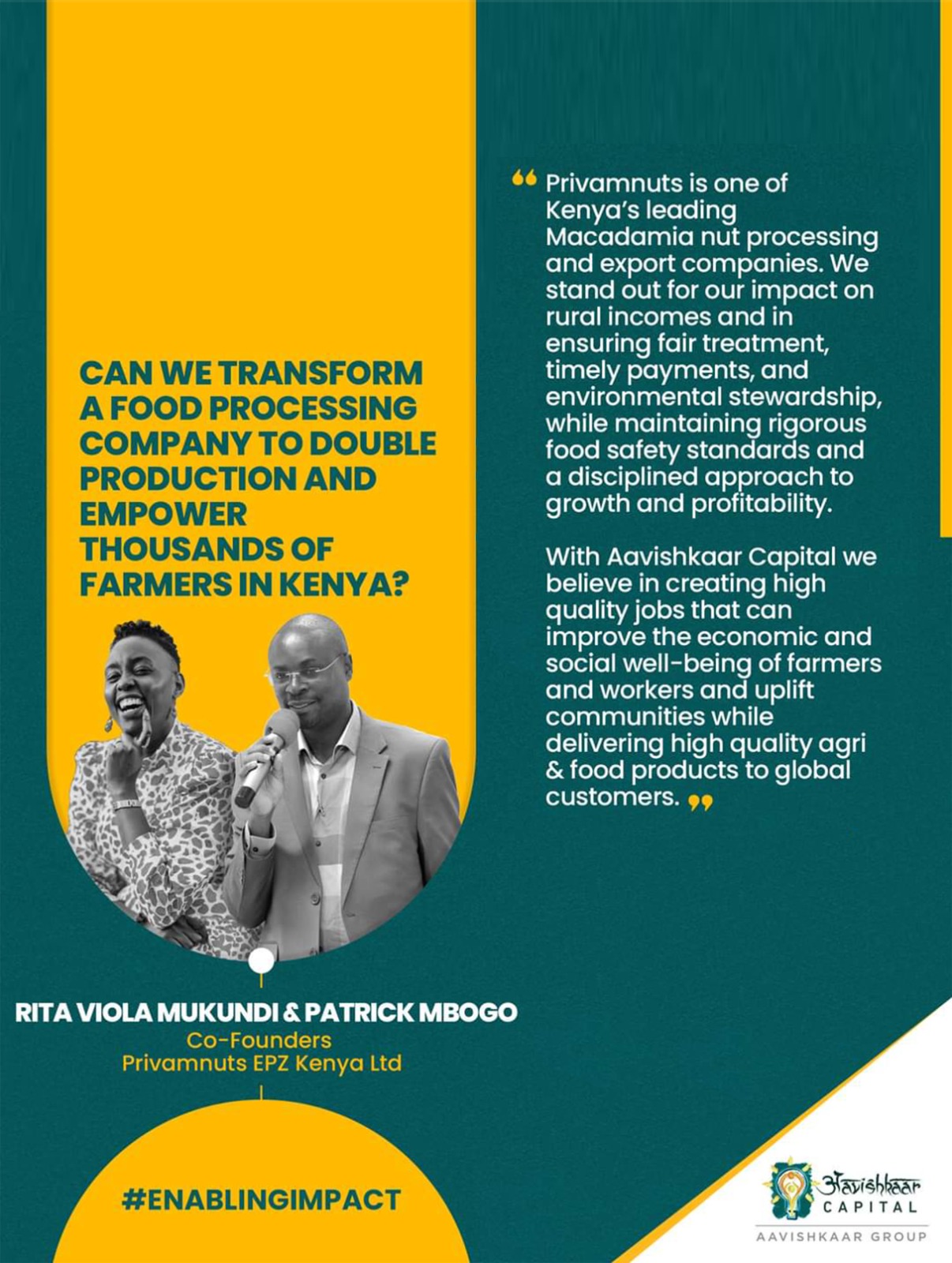
After years of inadequate action in combating the threat of climate change, players in all sectors are waking up to the challenge.[Photo/Courtesy]
Global Climate Action is Accelerating and Early-Mover Companies Can Seize Significant Advantage
Timing, Pace, and Extent of Change Needed for Net-Zero Transition
Are Still Widely Underestimated
New Report from World Economic Forum and Boston Consulting
Group Provides CEOs with a Guide for Navigating an Unprecedented
Global Transformation
Early Movers Can Drive Outsized Impact, and Gain Competitive
Advantage on Multiple Dimensions
Companies Can Save Cash and Carbon: Emissions Can Be Reduced
by a Third or More at No Net Cost to Their Business
After years of inadequate action in combating the threat of climate change, players in all sectors are waking up to the challenge.
For instance, in 2019 only 29 countries representing 10% of global emissions had made
net-zero pledges, while today, 92 countries representing 78% of global emissions
have done so. On the corporate side, commitments from companies are growing
exponentially, with more than 2,000 companies worldwide setting targets validated by
the Science Based Targets initiative (SBTi), up from only 116 in 2015—a growth of
65% per year.
Nevertheless, many company leaders underestimate the pace and extent of the change ahead and act too conservatively, risking stranded assets and obsolete business models as a result. Winning the Race to Net Zero: The CEO Guide to Climate Advantage, a report published by The World Economic Forum in collaboration with Boston Consulting Group (BCG) details the ways that early-mover companies are changing the game for their sectors and beyond while securing sources of business advantage.
According to Pia Carona, Partner at Boston Consulting Group Kenya, “Leading
companies across sectors from technology, to finance and from automotive to
aviation are starting to prove that the net-zero transition is a business opportunity that can bring sustainable competitive advantage. These leaders are not just creating
more value; they are often changing the game in their industries by showing the way
to a profitable and sustainable future.”
The transition may come with risks, but it’s an unprecedented opportunity. Based on
quantitative and qualitative evidence including interviews with nearly two dozen CEOs
and senior executives of leading companies across regions and industries, the report
details the key benefits in stepping up to the challenge, and the ways climate leaders
can gain competitive advantage, including through:
Attracting more talent: Half of job seekers prioritize sustainability.
Playing in higher growth segments: Up to 25pp higher growth for green
alternatives to traditional products.
Saving cash and carbon: Almost all companies can realize at least a third of
required emission reduction at no net cost to their business. Some even
manage to almost fully decarbonize at no net cost (average of 50% emissions
reduction at no net cost across key sectors).
Reducing risk exposure: 2-12pp EBIT margin improvement from reduced
carbon tax liability.
Accessing cheaper financing: Averaging 100bp lower cost of capital for
sustainability leaders.
Achieving higher shareholder value: Averaging +3pp total shareholder
return for sustainability leaders (2016-2020).
The report also found that the greatest progress in recent years has often come not
from collective action, but from competitive action triggered by a single company
boldly moving ahead of its sector. These early movers raise the bar for their
industries, reshape their market context, disrupt their own business models, show
that emission reduction can work economically, and provide customers with a
sustainable choice.
One example is Tesla. It introduced the first mass produced 100% electric vehicle in 2008, when that technology was still widely regarded with skepticism. Another is Mercedes, and the eyebrows it raised in 2019 when it announced that it would aim for a carbon-neutral vehicle fleet by 2039. Today, only three years later, not only have new all-electric players emerged, but virtually all major automakers have set ambitious electrification targets, and many of them plan to exit sales of internal combustion engines entirely within the next decade or two.
Early movers are not only creating more value—they are changing the game as they compel others to follow.
“Leadership by the private sector is critical to accelerate climate action in tandem
with bold steps taken by government leaders,” said Antonia Gawel, head of the
Climate Action Platform at the World Economic Forum. “We are seeing new
momentum. COP26 pushed climate issues further in the global spotlight with
significant commitments made. At the Davos Agenda 2022, we hope business leaders continue to increase their commitments, recognize emerging climate risks as core to their business and importantly, translate commitments into near-term business transformation and investments. This report outlines how leaders can grow green and accelerate the action we need to protect the planet.”











